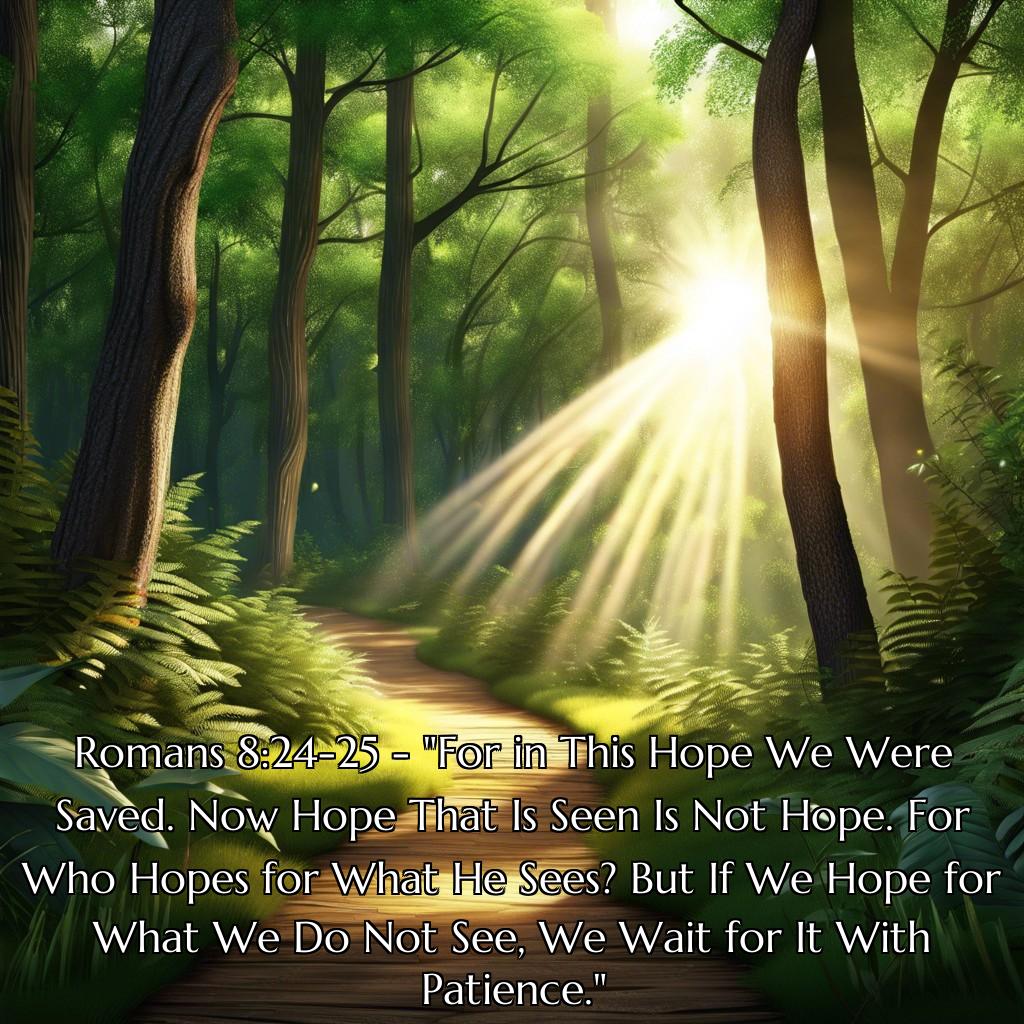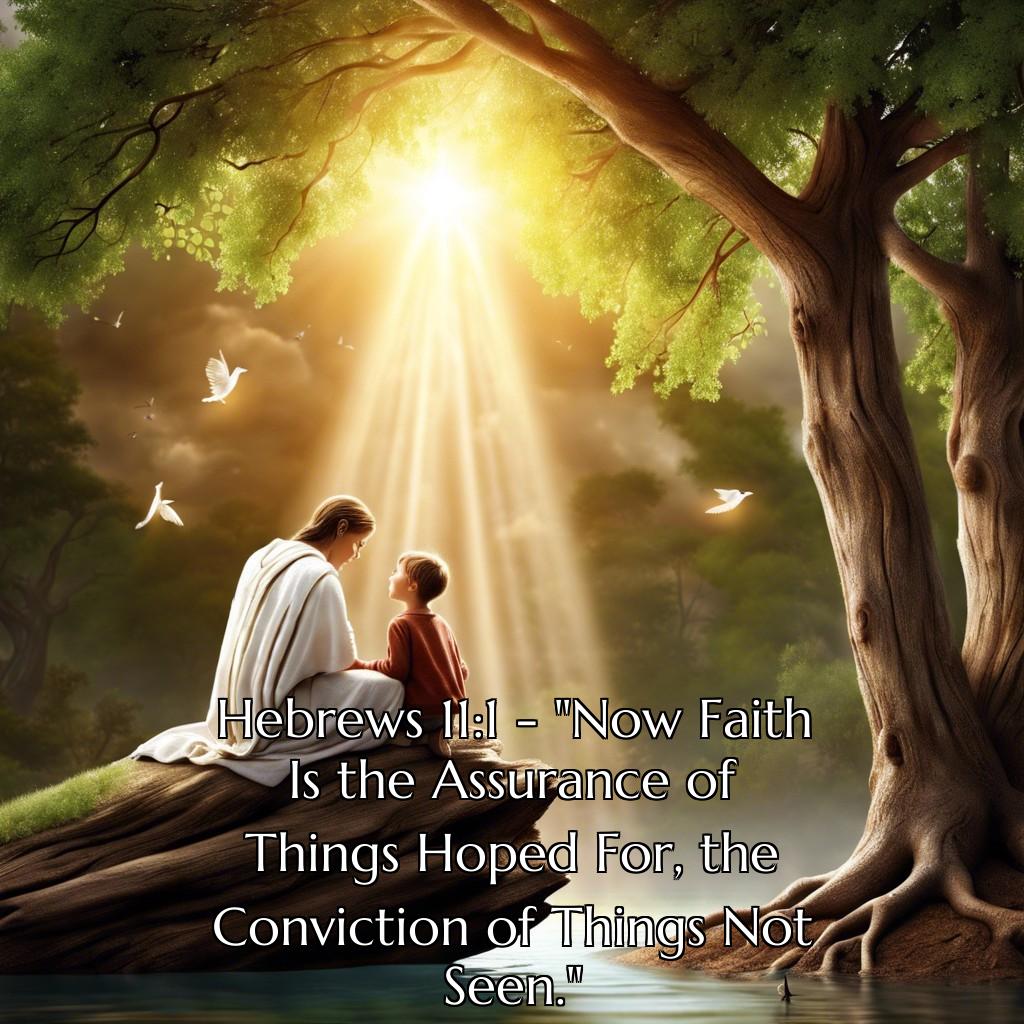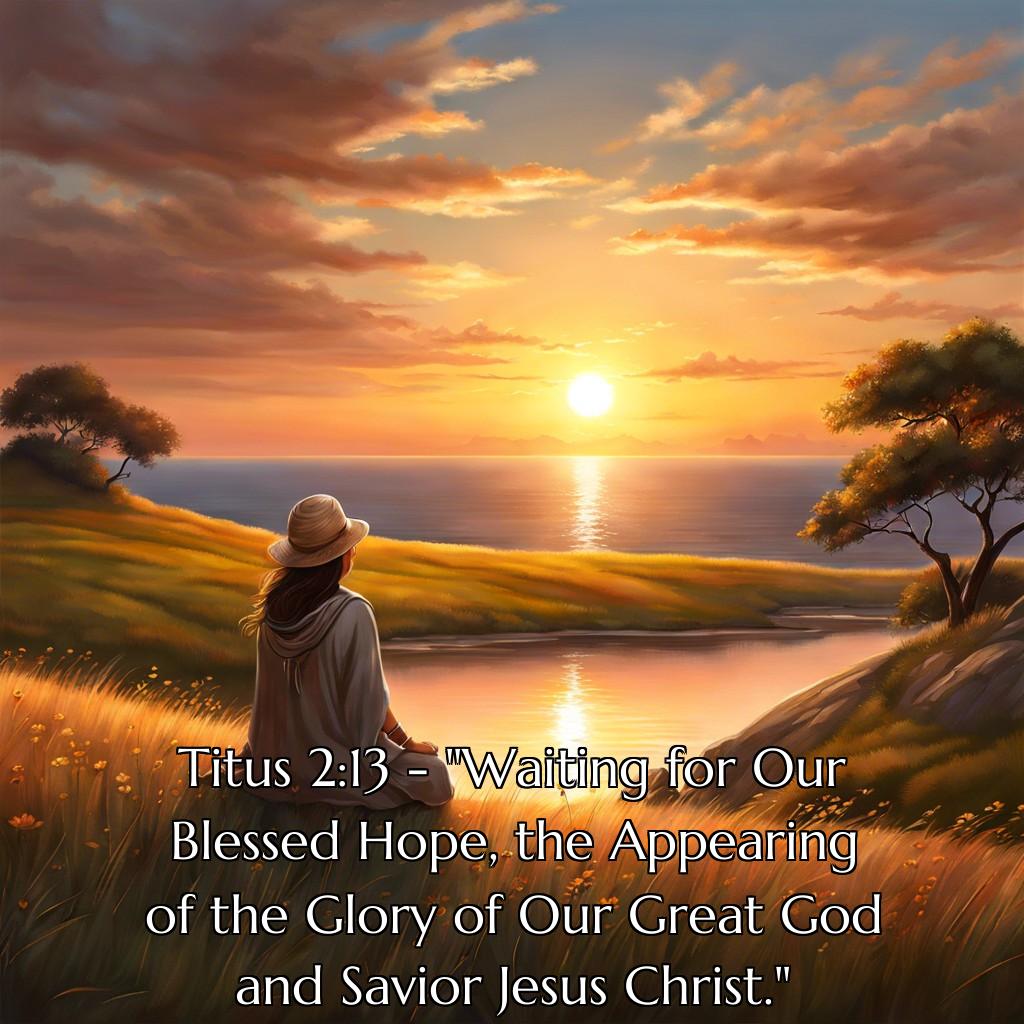This article provides a selection of bible verses that offer hope, along with clear explanations of their meanings.
Hope is a powerful force, a beacon that illuminates the darkest of times, and the Bible provides numerous verses that encapsulate this enduring promise. Dive into these carefully selected scriptures to uncover how hope in God can transform your life from despair to joy, providing you with a future brimming with possibility and peace. Explore these divine words that inspire trust, patience, and the unwavering love that only faith can bring.
Jeremiah 29:11 – “For I Know the Plans I Have for You, Declares the Lord, Plans for Welfare and Not for Evil, to Give You a Future and a Hope.”

This verse highlights God’s sovereignty and his benevolent plans for us. It offers several comforting truths:
God’s Knowledge: He knows everything about us and what is to come.
Welfare vs. Evil: His plans are meant to benefit us, not harm us.
Future and Hope: God envisions a positive and hopeful future for us.
It reminds us to trust in God’s divine plans, especially during uncertain times.
Romans 15:13 – “May the God of Hope Fill You With All Joy and Peace in Believing, So That By the Power of the Holy Spirit You May Abound in Hope.”

This verse finds its strength in the emphasis on the God of hope. It implies that hope is not just an abstract concept but a divine gift.
The source of hope: God is identified as the ultimate giver of hope. This reinforces the idea that true hope goes beyond worldly circumstances and is anchored in the divine.
Joy and peace in believing: Belief in God brings joy and peace. These emotions are described as fruits of a faith-filled life.
Power of the Holy Spirit: It is by the Holy Spirit that believers abound in hope. This suggests that hope is not something we muster on our own, but a divine empowerment.
Abounding hope: The abundance of hope implies a plentiful and overflowing nature, signifying that there is enough hope to sustain us through all challenges.
Understanding these points highlights how hope, joy, and peace are interconnected, all stemming from a steadfast faith in God.
Isaiah 40:31 – “But They Who Wait for the Lord Shall Renew Their Strength; They Shall Mount Up With Wings Like Eagles; They Shall Run and Not Be Weary; They Shall Walk and Not Faint.”

This verse provides comforting assurance. Waiting for the Lord implies a deep trust and patience in His timing and plans.
Renewed strength symbolizes the spiritual and emotional fortitude God provides. The imagery of mounting up with wings like eagles suggests soaring above difficulties, gaining a new perspective, and rising above life’s challenges.
Running without weariness and walking without fainting denotes stamina in our spiritual journey. It’s about maintaining faith and not giving up, even when the path is long and tiring.
Trust, perspective, and endurance are key themes here. Each underscores the hope that God’s presence brings into our lives, empowering us through every trial.
Psalm 33:18 – “Behold, the Eye of the Lord Is On Those Who Fear Him, On Those Who Hope in His Steadfast Love.”

This verse emphasizes God’s attentive care. His eyes are upon those who respect and revere Him. It’s an intimate image, suggesting a close, personal watchfulness.
To fear God here means to recognize His power and holiness, fostering a respectful and healthy awe. This awe leads to trust in His steadfast love.
Steadfast love speaks to God’s unwavering, loyal affection. It’s not conditional; it persists through thick and thin. This kind of love is the anchor for hope.
By placing hope in His steadfast love, believers are assured of His constant presence and support. This is not just a passive waiting but an active reliance on God’s character and promises.
Romans 8:24-25 – “For in This Hope We Were Saved. Now Hope That Is Seen Is Not Hope. For Who Hopes for What He Sees? But If We Hope for What We Do Not See, We Wait for It With Patience.”

Hope is a central theme in this passage. It highlights the nature of Christian hope, emphasizing its foundation on unseen realities. Here’s a breakdown:
Paul reminds us that the essence of hope is its invisibility. If something is already visible, it no longer fuels our hope.
This passage underscores the idea that hope involves trust and patience. It encourages believers to hold onto faith, even when the fulfillment of promises isn’t immediate.
Patience is key. As we wait for what is promised, our hope is strengthened through reliance on God’s faithfulness.
This scripture connects salvation with hope, suggesting that our saved state is both a present reality and a future fulfillment. The anticipation of this fulfillment keeps our hope alive.
Lamentations 3:24 – “The Lord Is My Portion, Says My Soul, Therefore I Will Hope in Him.”

This verse highlights a deep, personal trust in God. Here, the writer acknowledges that God alone is enough. The term “portion” implies a sense of belonging and provision, assuring us that God is our sustainer.
Firstly, hope in God signifies relying solely on His sufficiency.
Secondly, it’s about trusting God’s faithfulness. The verse encourages confidence that He will meet our needs in every situation.
Lastly, it invites a personal reflection, encouraging us to find satisfaction in God’s presence and promises.
Peter 1:3 – “Blessed Be the God and Father of Our Lord Jesus Christ! According to His Great Mercy, He Has Caused Us to Be Born Again to a Living Hope Through the Resurrection of Jesus Christ From the Dead.”

Peter’s verse emphasizes the transformative power of Jesus’ resurrection. This living hope:
- Originates from God’s great mercy, highlighting His loving kindness.
- Results in spiritual rebirth, giving believers a new start.
- Is deeply rooted in the resurrection of Jesus, affirming victory over death.
This hope is active and dynamic, inspiring Christians to live with purpose and anticipation. It’s a constant reminder of the eternal life promised through faith.
Proverbs 23:18 – “Surely There Is a Future, and Your Hope Will Not Be Cut Off.”

Here, hope is anchored in God’s promise of a future. It reassures that God’s plans for us are steadfast and purposeful.
- This verse provides several concepts:
- Assurance: Believers can trust that their future is secure in God’s hands.
- Continuity: Your hope remains unbroken as it is sustained by divine assurance.
- Divine Timing: The future God envisions for us unfolds according to His perfect timing.
Understanding that hope is not fleeting makes it easier to remain steadfast in faith, knowing a future filled with divine promise awaits.
Hebrews 11:1 – “Now Faith Is the Assurance of Things Hoped For, the Conviction of Things Not Seen.”

Faith and hope are intimately linked in this verse. Here, faith is described as a firm belief in the unseen, providing substance to what we hope for.
- Assurance: Faith gives confidence in God’s promises. This assurance grounds our hope, making it more than mere wishful thinking.
- Conviction: Conviction in things not seen refers to an inner certainty. It is about believing in God’s plan and trusting His timing, even when we can’t see immediate evidence.
- Partnership: Faith and hope work together. Hope without faith can waver, while faith without hope lacks an anchor.
- Spiritual Vision: Faith allows us to see beyond current circumstances. It shifts our focus from the temporary to the eternal.
This verse challenges us to cultivate a deep trust in God, aligning our hopes with His promises.
Titus 2:13 – “Waiting for Our Blessed Hope, the Appearing of the Glory of Our Great God and Savior Jesus Christ.”

This verse emphasizes the ultimate hope Christians have—the second coming of Jesus Christ. Here are some key concepts:
- Blessed Hope: The term “blessed hope” signifies the joyful and confident expectation believers hold for Christ’s return. It is not a wishful desire but a sure promise grounded in Scripture.
- Glory of Our Great God: This phrase acknowledges Jesus’ divinity and magnificence. The future appearance of Christ is described as glorious, highlighting His sovereign power and majesty.
- Savior Jesus Christ: Calling Jesus our Savior reminds us of His role in our salvation. His return is the final fulfillment of His redemptive work.
This verse calls Christians to live in anticipation, motivated by the promise of Christ’s return. The future hope influences how believers live today, encouraging a life of faith and holiness.





